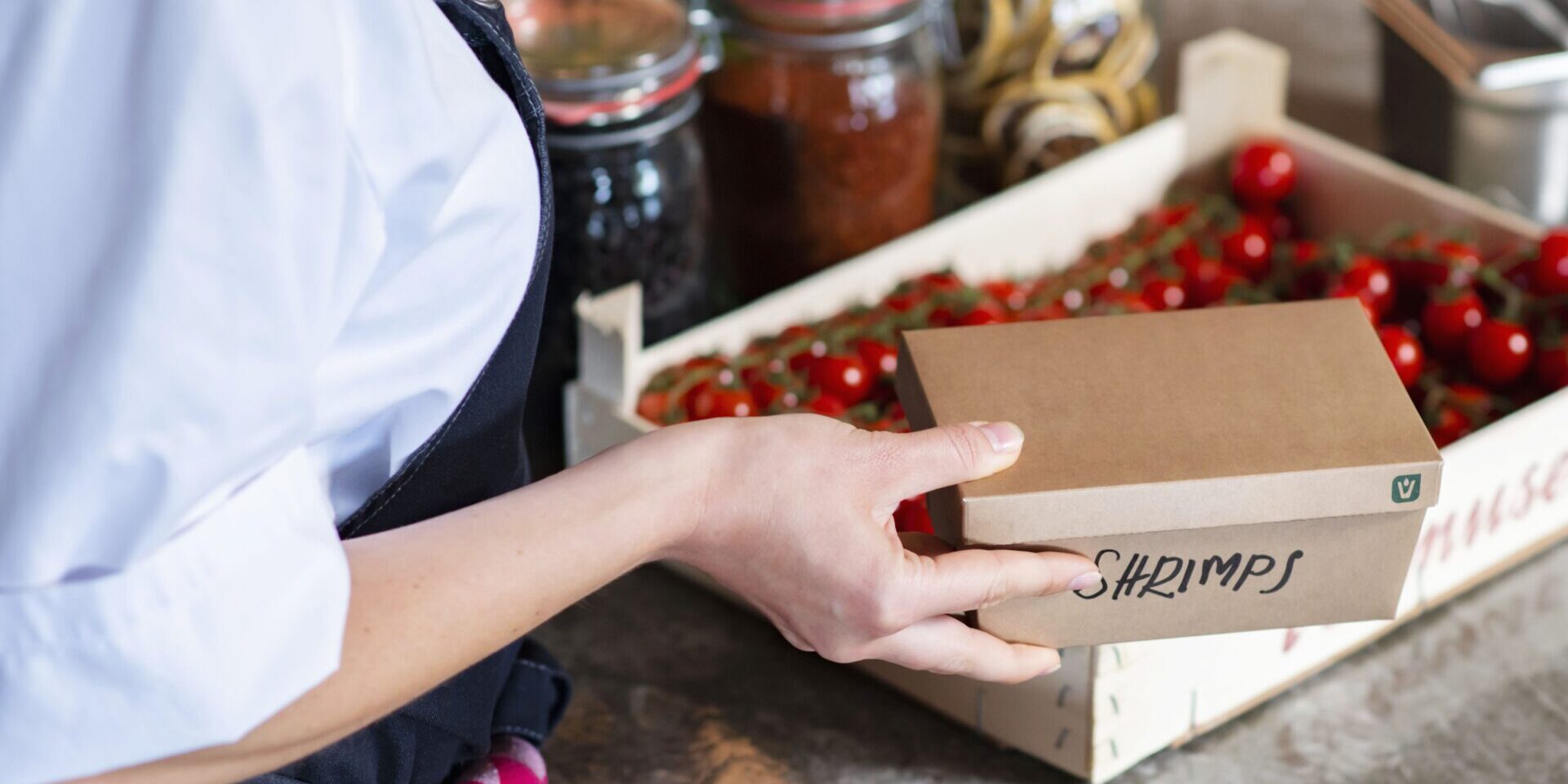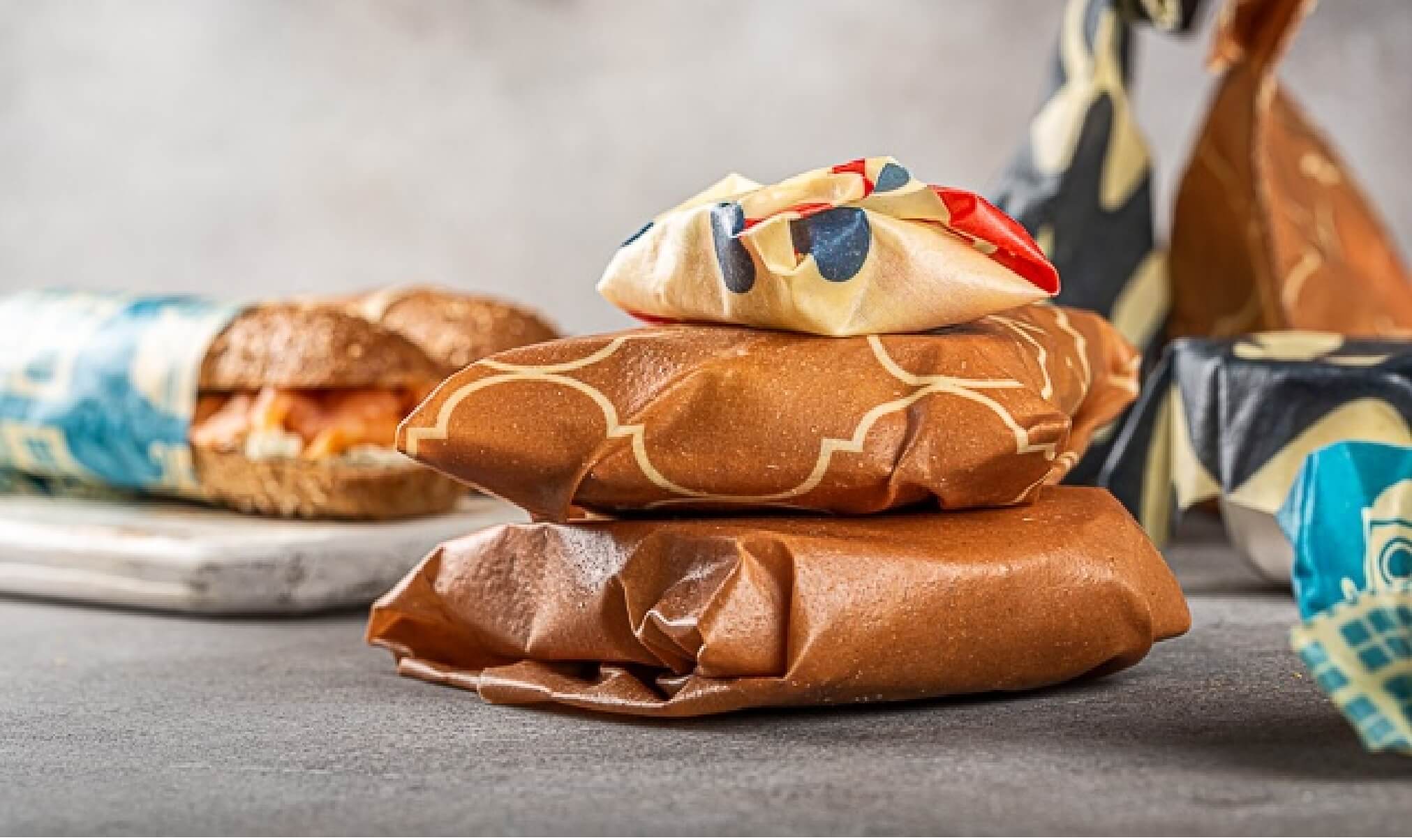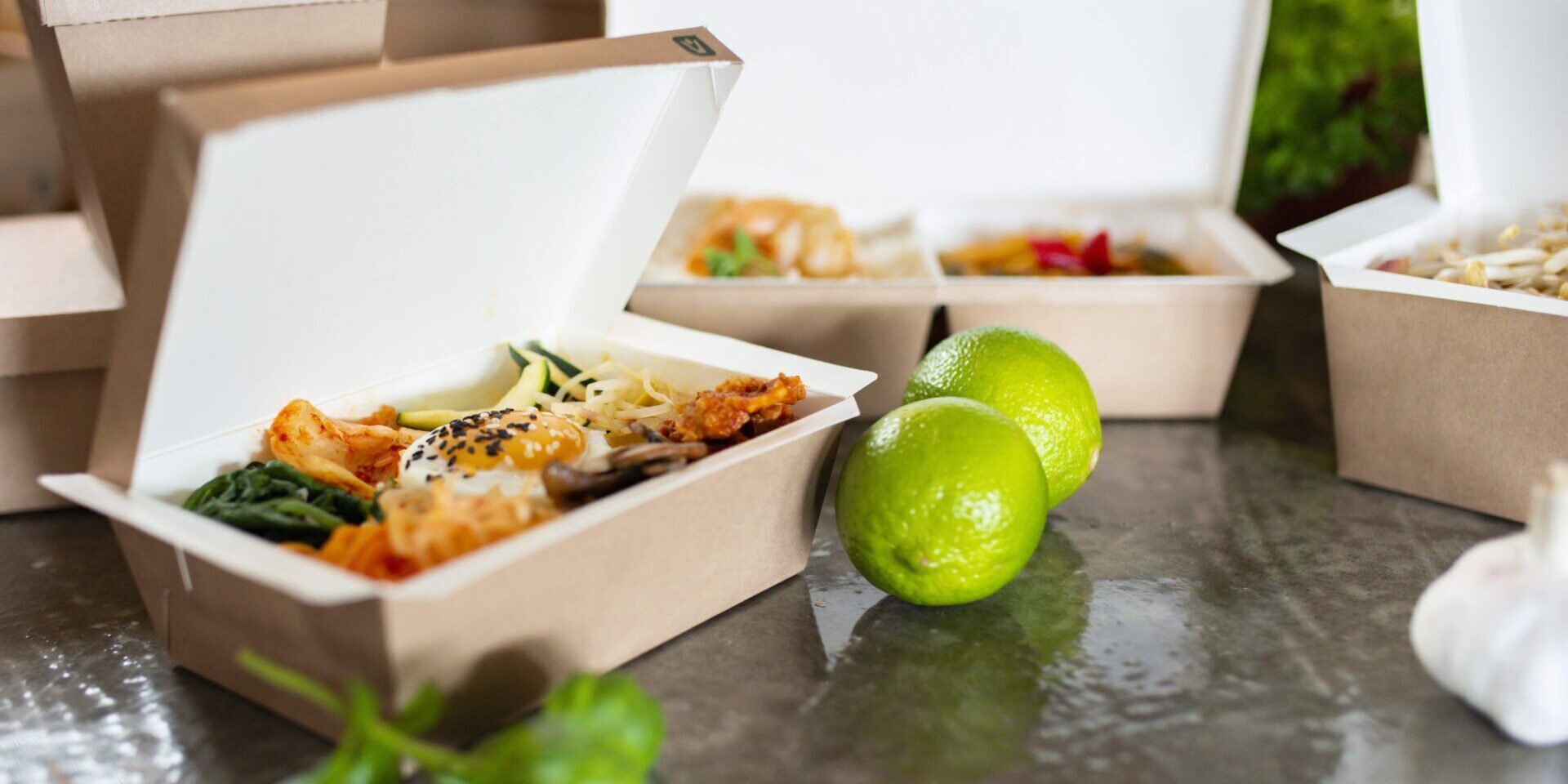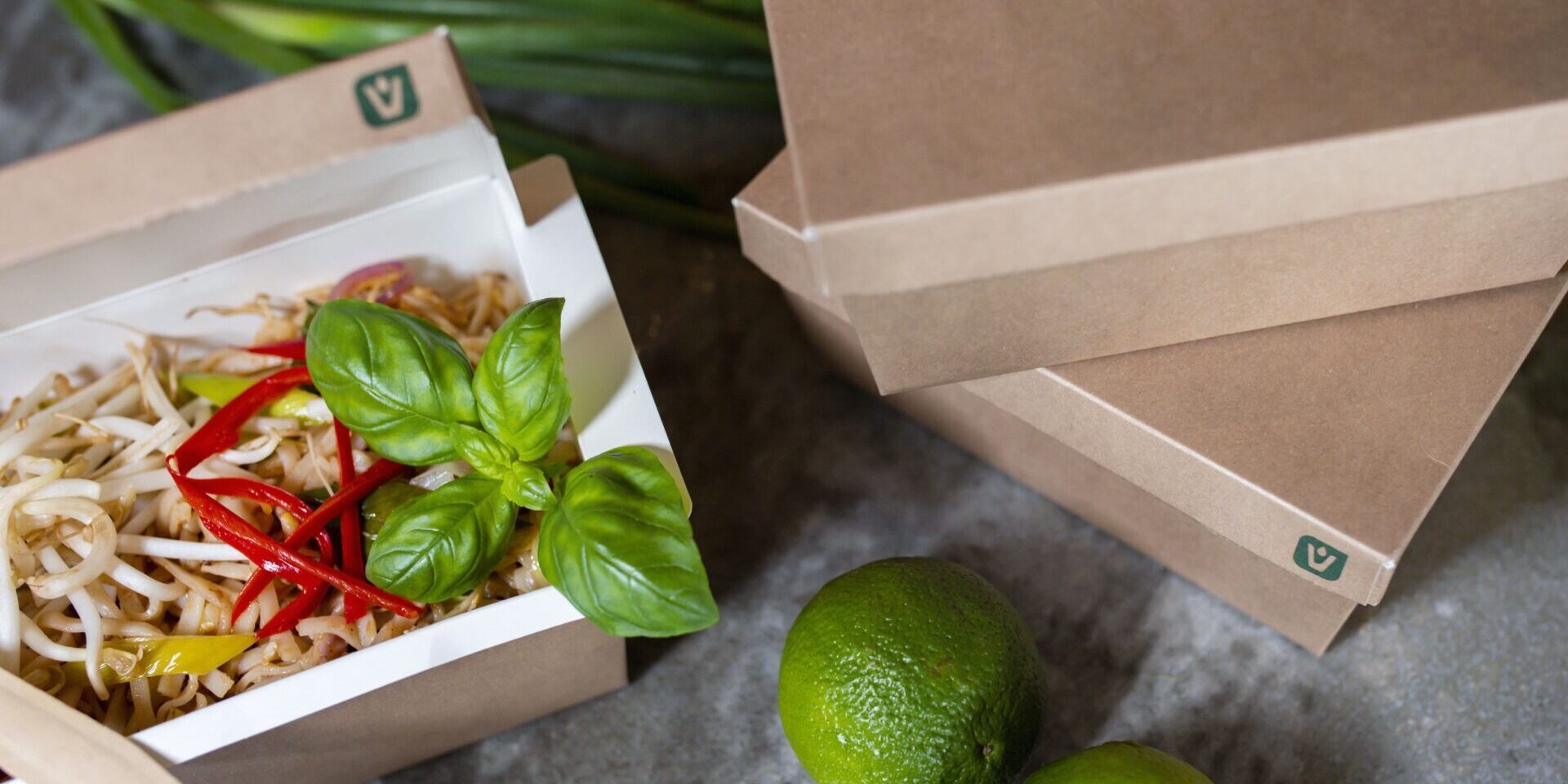
Plastic Recycling is an illusion
Hugo Bellaart of Trouw wrote an article on 29 November in which he largely describes the current recycling policy as an illusion. He indicates that our country is in seventh place worldwide in the market for plastic waste.
Jeroen Wester of the NRC also regularly pays attention to our (plastic) waste processing. For example, he points out in his October 18 article that sorted waste is counted as recycled in the statistics as it is then exported and incinerated elsewhere.
The Hofnar program of POWNED also paid attention to our messy waste policy on 11 November, mainly showing the nonsense of separating waste.
In 2017, the CPB again published a major study into the very limited environmental benefit of plastic collection.
Time and again we are confronted with the facts, but nothing really changes. As long as the packaging waste fund (the packaging industry), the NVRD and the Association of Waste Companies (Waste Management) and the VNG (the Dutch municipalities) maintain control over the chain, nothing will change.
Against their better judgement and often under the influence of financial impulses, they continue to cling to an outdated business model. There is no response to innovation and there is no response to green alternatives. Recyclable plastics received a discount on the waste levy from the waste fund (without actual recycling having to be demonstrated) and bioplastics were equalized in rate with normal plastic from fossil raw materials.
A quarter of the waste that is incinerated in the Netherlands is imported from abroad, at the same time we export a third of our plastic waste abroad. In our country it is therefore not about processing the waste and keeping our country clean. Waste disposal is a business plan meant to make money. That is why there is no place for new, mostly green players, and a level playing field with fair competition will never be created.
People hold each other’s hands above each other’s heads and the government stands by and looks after it. How many articles still need to be written and how much research needs to be done before the government takes drastic action to break this chain in order to make room for green innovation? Only then can the green alternative have a fair chance.















